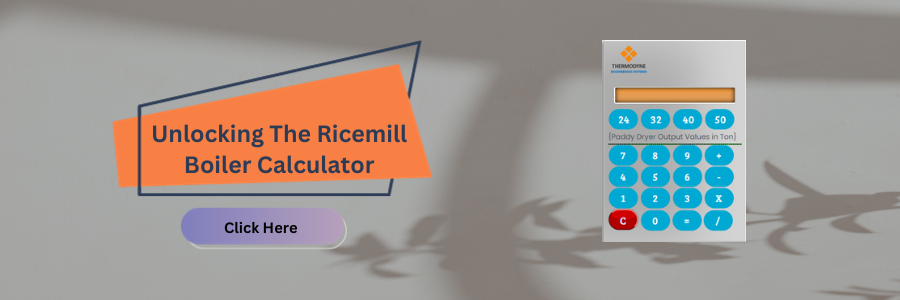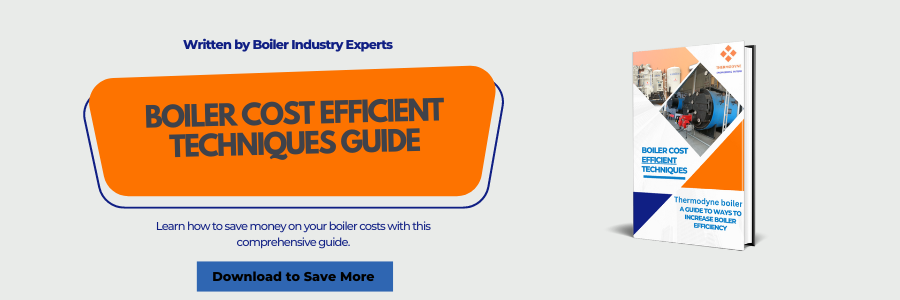Table of Contents
What is a Boiler tube Cleaning
Boiler tube cleaning is a maintenance activity that involves the removal of deposits, such as scale, rust, and other contaminants, from the tubes of a boiler.
Over time, boilers can develop deposits on the inner surfaces of their tubes. These deposits can reduce the efficiency of the boiler by restricting the flow of heat or steam, increasing energy consumption and potentially leading to equipment failure.
There are several methods for cleaning boiler tubes, including mechanical, chemical, and thermal methods. Mechanical methods typically involve using brushes, scrapers, or specialised tools to physically remove the deposits. Chemical methods involve the use of cleaning agents or descaling solutions to dissolve or loosen the deposits. Thermal methods use high-pressure water or steam to loosen and remove the deposits.
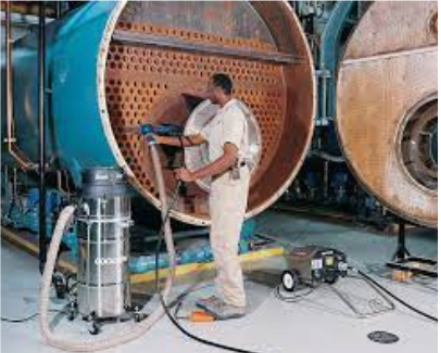
What safety rules a person must keep in mind before starting boiler tube cleaning
Before starting boiler tube cleaning, it is important to follow all safety rules and procedures. This will help to prevent injuries and accidents. Here are some of the most important safety rules to keep in mind:
- Isolate the boiler. This means shutting off all steam and water lines to the boiler. It is also important to lock out the boiler so that it cannot be accidentally started.
- Depressurize the boiler. This should be done slowly and carefully to avoid any sudden changes in pressure.
- Drain the boiler. This should be done completely to remove all water and steam.
- Ventilate the boiler area. This will help to remove any harmful gases or fumes that may be present.
- Wear appropriate personal protective equipment (PPE). This includes gloves, goggles, a respirator, and protective clothing.
- Follow the manufacturer’s instructions for cleaning the boiler tubes. This may vary depending on the type of boiler and the cleaning method being used.
- Be careful not to damage the boiler tubes. If you are using a mechanical cleaning method, such as a brush or lance, be careful not to over-brush or lance the tubes, as this could cause damage.
- Inspect the boiler tubes after cleaning. This will help to ensure that all of the scale and debris has been removed.
Why boiler tube cleaning is important
Boiler tube cleaning is important because it keeps boilers working well and safe. Imagine a boiler as a big pot that makes steam to power machines or heat buildings. Inside this pot, there are tubes where hot gases pass through to heat water. Over time, these tubes can get dirty with stuff like soot and ash.
When tubes get dirty, they can’t transfer heat efficiently, like when you have a dusty window that’s hard to see through. This makes the boiler less effective at making steam and can even make it dangerous because it might overheat.
Cleaning these tubes is like cleaning the dusty window. It helps the boiler work better, use less energy, and last longer. Plus, it keeps things safe by preventing accidents like explosions. So, boiler tube cleaning is crucial to keep things running smoothly and safely.
Know more about Boiler system and Boiler Components
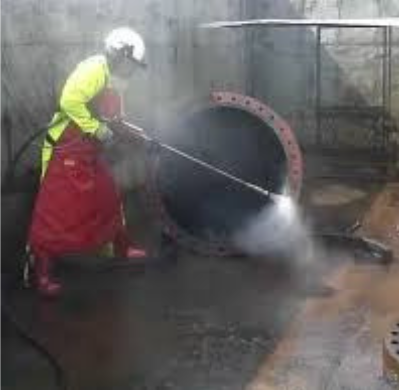
Benefits of regular boiler tube cleaning
Improved heat transfer efficiency: Boiler tubes are designed to transfer heat from the combustion chamber to the water in the boiler. Deposits on the inside of the tubes can act as an insulator, reducing the efficiency of heat transfer. Regular tube cleaning can help to improve heat transfer efficiency by removing these deposits.
- Extended boiler life: Boiler tubes can be damaged by corrosion and erosion caused by scale and other deposits. Regular tube cleaning can help to extend the life of the boiler by preventing these problems from developing.
- Reduced maintenance costs: Regular tube cleaning can help to prevent boiler problems from developing, which can reduce the need for costly maintenance and repairs.
- Improved safety: A boiler with clean tubes is less likely to overheat or experience other problems that can lead to safety hazards.
How can we Clean boiler tube to increase boiler life by 3X
Cleaning boiler tubes is essential to maintain the efficiency and performance of a boiler system. Over time, boiler tubes can become fouled with deposits like scale, corrosion products, and soot, which can reduce heat transfer and increase fuel consumption. Here are some methods to clean boiler tubes to improve boiler efficiency:
Mechanical Cleaning:
- Tube Brushing: Use tube brushes made of materials like steel, brass, or nylon to physically scrub the inner surfaces of the tubes. This method is effective for removing loose deposits and light-scale buildup.
- Tube Scraping: For more stubborn deposits, you can use a tube scraper to remove scale and other hard deposits. Make sure not to damage the tube’s surface while scraping.
- Rotary Tube Cleaners: These machines use rotating brushes, cutting heads, or other mechanical devices to clean the tubes. They are especially useful for large boilers with many tubes.
Chemical Cleaning:
- Acid Cleaning: Chemical cleaning involves using acid solutions to dissolve scale and deposits. Common acids used include hydrochloric acid (HCl) and citric acid. This method is suitable for removing heavy scale buildup but should be performed with caution and proper safety measures.
- Alkaline Cleaning: Alkaline solutions can be used to soften and remove deposits. Sodium hydroxide (caustic soda) is a common choice. This method is effective against organic deposits, grease, and oil.
High-Pressure Water Jetting:
Using high-pressure water jets is an effective method for cleaning tubes. It can dislodge and remove deposits without using chemicals. The pressure and flow rate of the water jet should be adjusted according to the type and thickness of deposits.
Steam Blowing:
Steam blowing involves passing high-pressure steam through the boiler tubes to dislodge and remove loose deposits. It is often used during boiler commissioning to clean the tubes before operation.
Ultrasonic Cleaning:
Ultrasonic cleaning involves the use of high-frequency sound waves to remove deposits from the tube surfaces. It is effective for removing stubborn deposits in hard-to-reach areas.
Shot Blasting:
Shot blasting is a method where abrasive materials, such as small steel particles, are propelled through the tubes to remove deposits.
This method is effective for removing stubborn scales and deposits but should be done with caution to avoid damaging the tube surfaces.
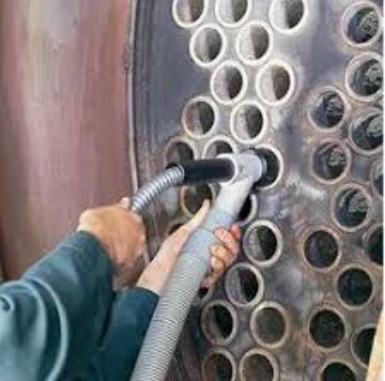
Regular Maintenance for boiler tube cleaning
Implement a regular maintenance schedule to prevent heavy buildup of deposits. This includes monitoring water chemistry to prevent scaling and corrosion and ensuring proper combustion and burner maintenance.
When cleaning boiler tubes, it’s crucial to follow safety guidelines and manufacturer recommendations. Depending on the type and severity of deposits, a combination of these methods may be necessary. Always consult with a professional boiler technician or engineer to determine the most appropriate cleaning method for your specific boiler system. Additionally, consider environmental and safety regulations when choosing chemical cleaning agents.


